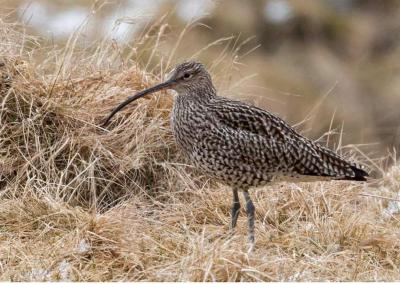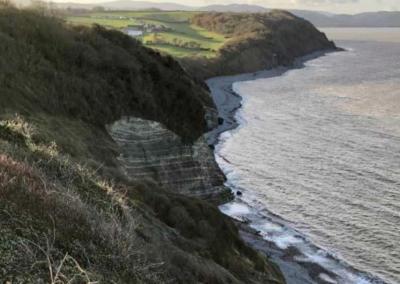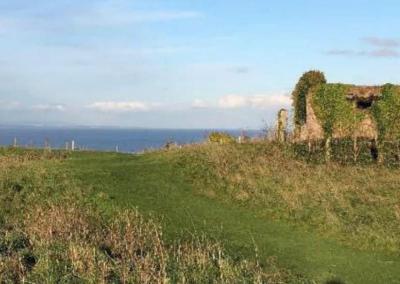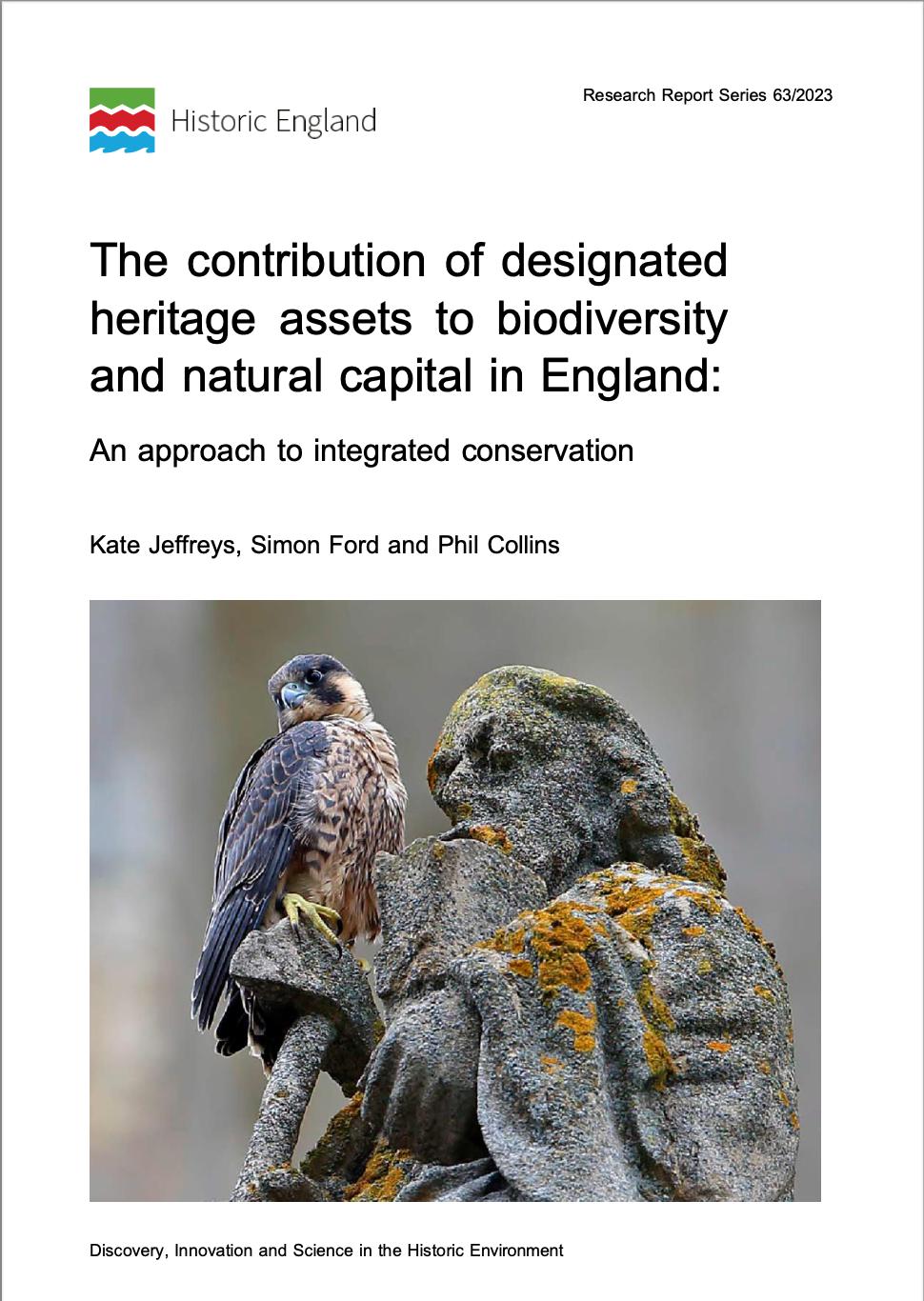Heritage and Biodiversity – landmark research for Historic England
A detailed body of work including case studies explores the significance of important heritage sites in the UK and how their management and enhancement can benefit the environment and local communities.
‘The contribution of Designated Heritage Assets to Biodiversity and Natural Capital in England’ looks at how heritage assets can support biodiversity conservation, and at the relationships between wildlife, geodiversity, heritage and natural capital through a series of case studies: 6 National Character Areas (NCA) and 10 designated heritage assets. The project provides recommendations at the site, landscape and national scales for practitioners, including current and emerging funding and enhancement schemes, in the context of the statutory duty on public bodies to further biodiversity conservation, as well as considering opportunities for gains for heritage from integrated management. These findings were collated and assessed for recurring themes, to help identify and describe key relationships and develop recommendations for integrated conservation.
Key findings regarding the relationships between heritage, biodiversity and natural capital included:
● Heritage has a strong influence on the biodiversity of an area. Many habitats and features of importance to wildlife and geodiversity have significant heritage elements. This includes the use by wildlife of heritage features, and the ‘timeline’ contribution of long-term management to the biodiversity value of a site. Heritage breeds and skills are also important for the specialist management of many sites of high biodiversity value and may also provide natural capital benefits.
● The sectors involved in the management of heritage and biodiversity may benefit from working more closely together to maximise the wildlife and heritage benefits that can be gained from integrated approaches at a variety of geographical scales.
● Natural capital benefits including wellbeing gains from sites and areas are often derived from a combination of the heritage, biodiversity and geodiversity aspects. Joint working in this regard is common at the site level and within Protected Landscapes, but there are further opportunities for the sectors to work closely together.
● Climate change is among many pressures having adverse impacts on both heritage and biodiversity. Both sectors may benefit from joint working for more resilient adaptation to change and to gain influence and resources to address common issues
These findings led to recommendations that include specific actions relating to:
● Training, utilising expertise and carrying out further reviews of specific areas
● Policy and governance
● Site management
● Data and information Specific guidance relating to themes integrating heritage and biodiversity was also produced.
Geckoella is very grateful to Historic England and the Steering Group, as well as our associates Simon Ford and Phil Collins for all their hard work and assistance with the project.
The report can be downloaded from https://historicengland.org.uk/research/results/reports/63-2023?search=63%2F2023&searchType=research+report





